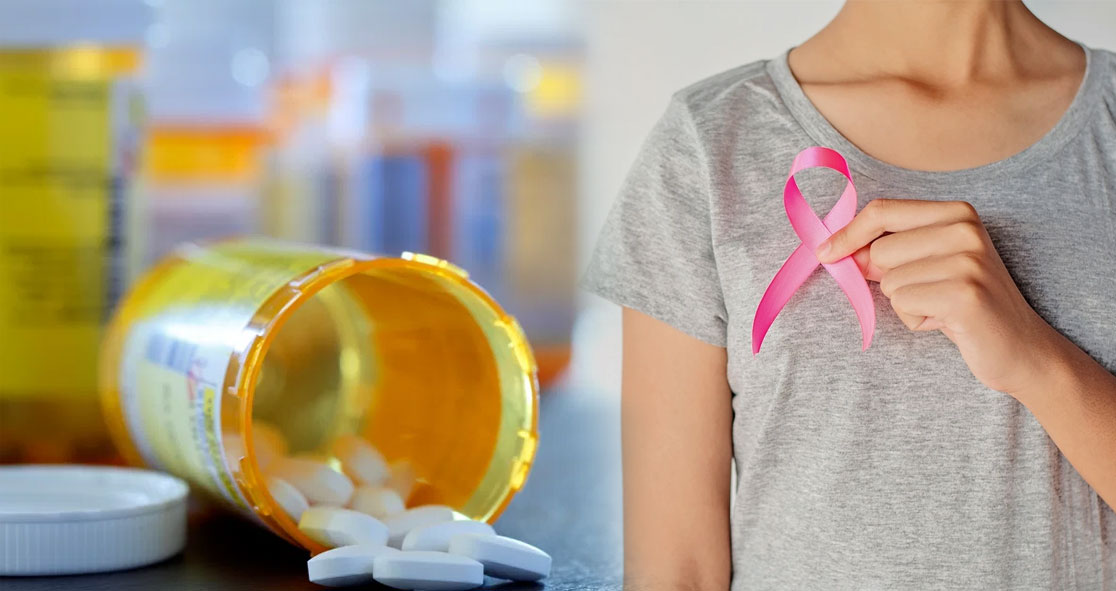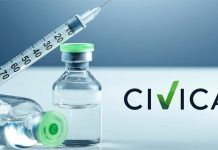In the United States, breast cancer is the second-most common cancer affecting women after skin cancer. It can also affect men, but the condition is very rare.
At least 1 in 8 American women will develop invasive breast cancer throughout their lifetime, according to breastcamcer.org. As of January 2021, more than 3.8 million American women have been reported with a history of breast cancer.
Breastcancer.org predicts that nearly 43,600 women in the U.S. are expected to die in 2021 from the disease.
The mortality rate of breast cancer has been steady in women under 50 since 2007, but it has continued to drop in women over 50. The overall mortality rate decreased by 1% per year from 2013 to 2018 – thanks to new developments in treatments and earlier detection through screening.
Classes of breast cancer drugs include chemotherapy, hormone therapy, aromatase inhibitors, and targeted therapy. Typically, injectable medicines are given in an outpatient clinic or hospital setting, while oral drugs and hormone therapy can be taken at home. During treatment, you need to keep following up with your doctor.
Here are 10 generic drugs that are commonly prescribed for breast cancer according to Health Grades:
- Generic Arimidex (anastrozole) is an aromatase
inhibitor, a drug that decreases estrogen levels in the body. It can treat
breast cancer that is caused by excess estrogen. Generic anastrozole is
available in an oral pill that your doctor may prescribe once daily.
- Generic Aromasin (exemestane) is another common
aromatase inhibitor, which is advised once daily after a meal. Generic
exemestane also works by reducing estrogen levels in the body.
- Generic Femara (letrozole) is yet another
aromatase inhibitor available in oral tablets. Doctors advise this drug once
daily.
- Generic Nolvadex (tamoxifen) is an
anti-estrogenic drug that blocks the action of estrogen in order to stop the
growth of cancer. It comes in a tablet form that is advised once or twice
daily.
- Generic Cytoxan (cyclophosphamide) is a
cytotoxic drug used in chemotherapy. It comes as a tablet and an injection.
Doctors administer the drug intravenously or may advise one tablet once daily.
- Generic Adrucil (Fluorouracil) is chemotherapy
drug patients receive intravenously.
- Generic Abitrexate (methotrexate) is another
cytotoxic agent that comes as an injection and a tablet. Doctors give specific
directions when they prescribe this drug.
- Generic Afinitor (everolimus) is a targeted
therapy. This drug interferes with signals telling cancer cells to grow and
divide, according to Health Grades. This stops cancer cells from multiplying.
- Generic Tykerb (lapatinib) is another targeted
therapy that blocks a protein that signals cancer cells to grow and
proliferate.
- Generic Ibrance (palbociclib) is yet another common targeted therapy that acts by blocking a protein signaling cancer cells to multiply. It is available in capsule form.
As far as prevention is concerned, the use of medications for breast cancer in high-risk women is low because of fears about side effects and the high cost of brand drugs. Side effects and drug costs are responsible for noncompliance in nearly 50% of high-risk women. The availability of generic drugs for breast cancer prevention increases adherence. The FDA has approved less-expensive generic drugs for breast cancer prevention and treatment, such as anastrozole, exemestane, and letrozole. The agency says that in general, generic drugs are an important option that allows greater access to US healthcare because of their cost savings.






















